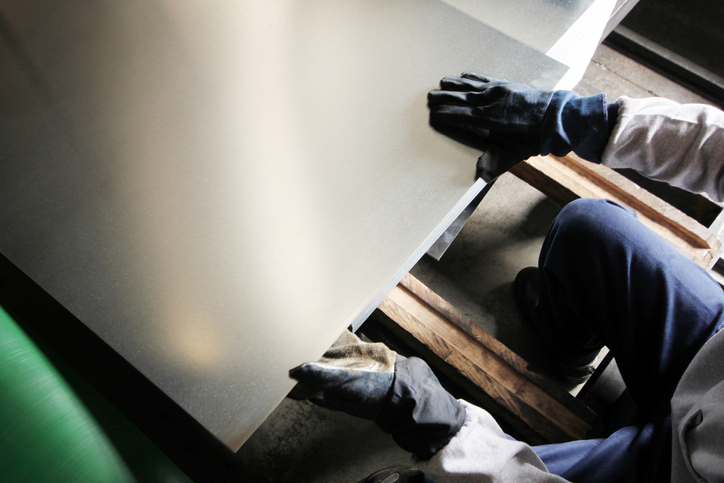Many base metals provide specific mechanical, electrical, and thermal characteristics on their own. However, their physical properties may make them unsuitable for certain applications. With the addition of other metals, the base metals can enhance their properties where they can be made more durable, ductile, stronger, or less brittle. Zinc is a common additive to base metals to create zinc alloys. These alloys may be formed and worked into various applications depending on the types of metals that are alloyed together.
Zinc Properties and Alloys
The base metal zinc is usually considered a very weak metal. It is also very brittle, as it may be used in coating and galvanizing applications where other metals will take on load-bearing duties. However, when zinc is alloyed with other stronger materials, it can attain a higher impact strength. The alloyed metal also provides electrochemical properties and is extremely malleable in lower working conditions between 200°F to 300°F. Due to these properties, the metal may be used in more complex fabrication and galvanizing processes. Zinc also has good corrosion-resistance properties.
The types of zinc alloys that are created will be based on the types of other metals added into this base metal and the quantities. One of the best known zinc alloys is brass. Brass contains 95% copper and 55% zinc. This metal may be used in a wide variety of jewelry, art casting and mechanical applications. It may be found in household fixtures, pumps, fasteners, engine parts, statues, and musical instruments.
Other specific zinc alloys include Zamak that contains magnesium, aluminum, and copper in the alloying process. Zamak is unique from other alloys based on the amount of aluminum added. While there are different grades of Zamak including such as Zamak 3, Zamak 5, Zamak 7 and Zamak 12, each on contains the 4% fixed amount of aluminum. Zamak is often used throughout Europe and America in die casting applications.
Tombak, or Tombac, is another brass-type zinc alloy. It contains a lower level of zinc, about 28%, and higher amounts of copper. The more zinc that is added, the stronger the metal becomes. This alloy is mainly used for decorative purposes and for art casting. More common zinc alloys include nickel silver, commercial bronze, zinc aluminum, and spin cast zinc alloy.
Applications
Zinc alloy applications vary widely based on industry. In addition, the purity level of the zinc will also dictate which application that the zinc will be used in.
- Automotive: Zinc alloys are often used coatings for galvanized steel. Galvanizing steel parts and components in vehicles helps to prevent corrosion.
- Medical: Zinc alloys are used for medical devices as zinc is considered environmentally safe.
- Construction and Buildings: Zinc alloys are used throughout the construction industry in a wide range of products and applications. It can be used a solder, household fittings, and as coating on roofing and cladding products.
- Marine: Zinc alloys are often used as sacrificial anodes for marine vessels and other applications that will be exposed to saltwater environments.
If you are looking for zinc alloys for your applications, contact Belmont Metals.

